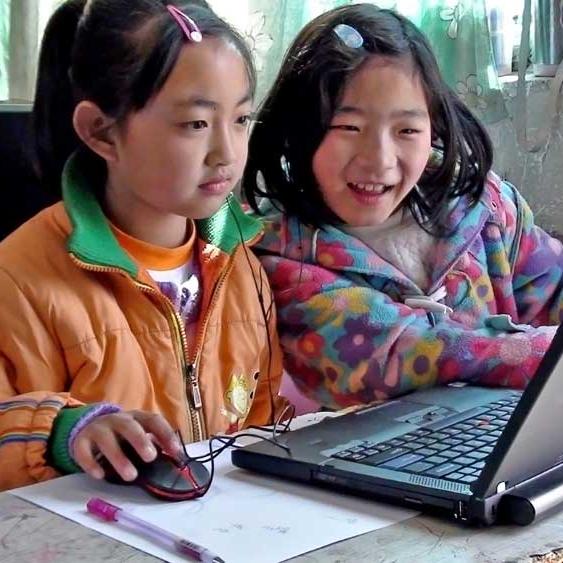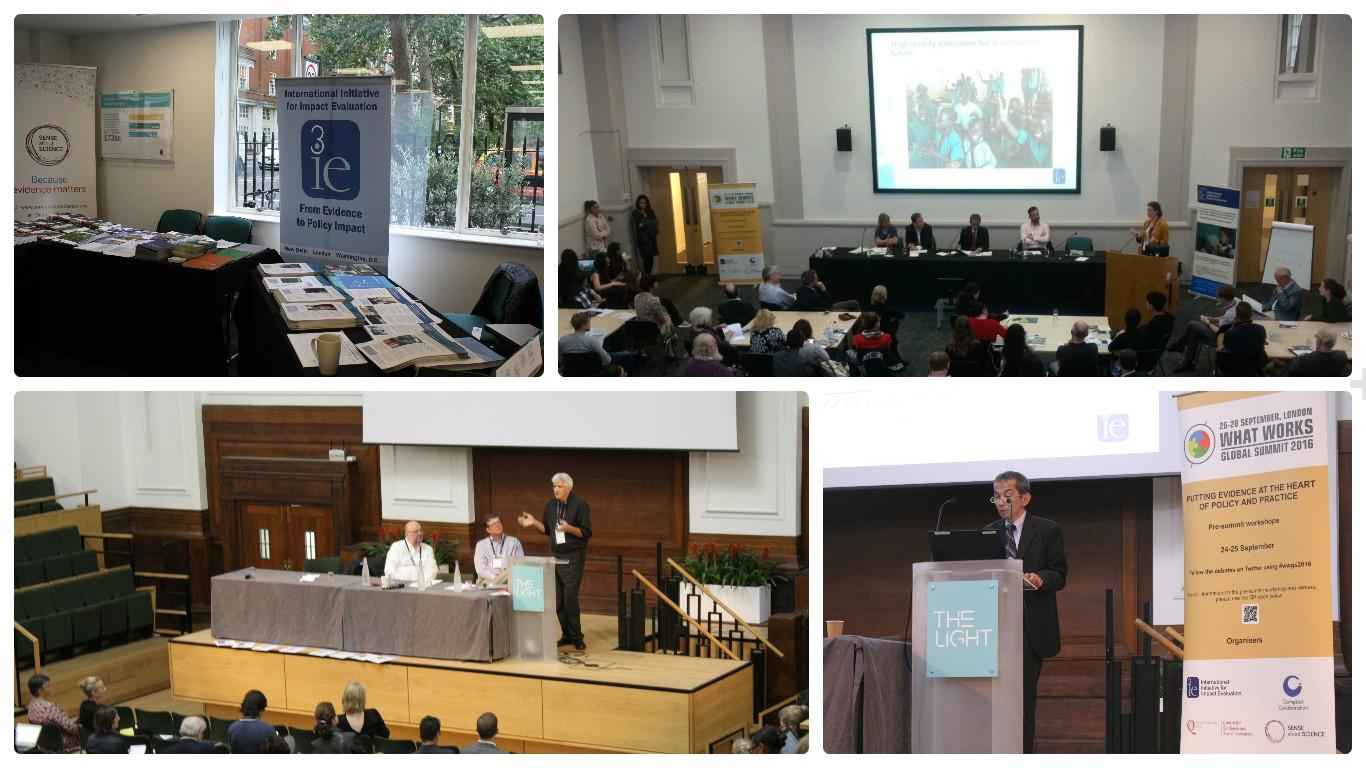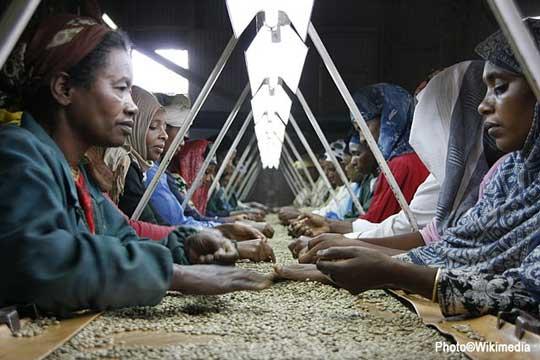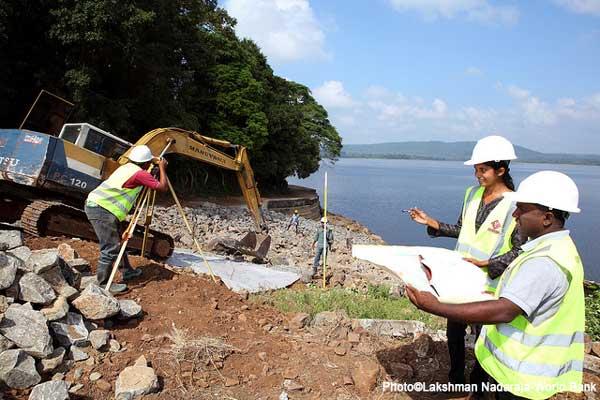Emmanuel Jimenez
Designation: Director General, Independent Evaluation Department of the Asian Development Bank (ADB)
Emmanuel Jimenez is Director General, Independent Evaluation Department of the Asian Development Bank (ADB). Reporting to ADB’s Board of Directors, his responsibilities include assessing ADB’s development effectiveness, as well providing lessons to inform ADB operations. Prior to joining ADB, Mr. Jimenez worked as an Independent Consultant who provides advice, and conducts research and training on evaluation, economics, development management, education and social protection programs. Prior to this, he was the Executive Director and CEO of 3ie. In this role, he led and conducted impact evaluations and evidence reviews. He provided strategic direction to the organization as it championed the generation and use of evidence to guide decisions regarding policies and programs that improve lives in low and middle-income countries. Previously, Mr. Jimenez had worked for 30 years in the World Bank Group (WBG) and held several senior management roles across several departments such as the Independent Evaluation Group (IEG), the South Asia, East Asia, and Pacific Groups, and the Policy Research Department. Mr. Jimenez was a faculty member of the Economics Department of Western University in London, Canada. Throughout his career, he has published extensively, including articles in peer-reviewed professional journals, books and reports on economic development and served as managing editor of several international development journals.
Born in the Philippines, Mr. Jimenez is a national of Canada. He holds a Doctorate in Economics from Brown University in the United States, a Master’s degree in Economics from University of Toronto in Canada, and a Bachelor’s degree in Economics from McGill University in Canada.





